A similar workflow for the 24-hour wildlife surveillance event had been finessed for Springwatch by the BBC over the past two seasons and is currently being deployed on BBC2's Autumnwatch.
SIS Live arranged for feeds from eight radio cameras to be relayed over a 2GHz radio link to the on-site production hub, along with feeds from four smaller cameras, remote controlled by UHF radio link, and from two infra-red and one thermal wireless cameras deployed on Land Rovers.
All feeds were ingested as IMX30 MXF via Avid AirSpeed, stored on Unity. Using desktop logging tool Avid Assist a team of story developers then tagged each clip with descriptive metadata as well as a number from one to four with one designating the best quality shots. The results, shared via asset management framework Interplay, allowed editors to package footage for daytime and evening shows as well as online streams.
“What makes tracking animal behaviour so different from, say, a live sports event is its unpredictability,” explains BBC Resources head of technology Andy King. “Activity can happen at any time and it could be captured from multiple sources. The key is logging clips into the system enabling editors to search not only for certain animals or behaviours (descriptive metadata) but also according to the value of a shot. If there's a good shot of a lion roaring they can find it quickly.”
“We know that the camera technology is very robust,” he says. “The next step is to provide faster access to find the right content for collation and distribution over multiple platforms.”
Avid AirSpeed was used for gallery playback, allowing producers to review and rehearse the completed items. “Since we're dealing with data it means we can shift items around in the playlist even while we're on air,” King says. “The flexibility is remarkable and it's all down to detailed, consistently applied media management.”
Broadcast's next Digital Workflows conference, covering many of the issues raised in this article, takes place on 26 and 27 March 2009. To register for more information on the event email joanna.pocock@emap.com








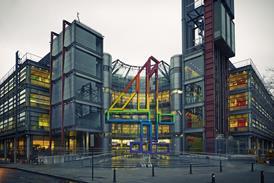
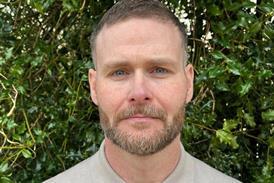




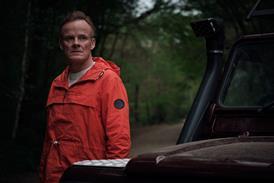



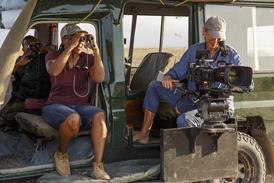


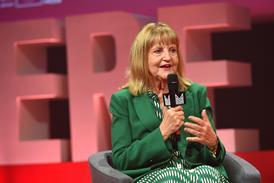



No comments yet